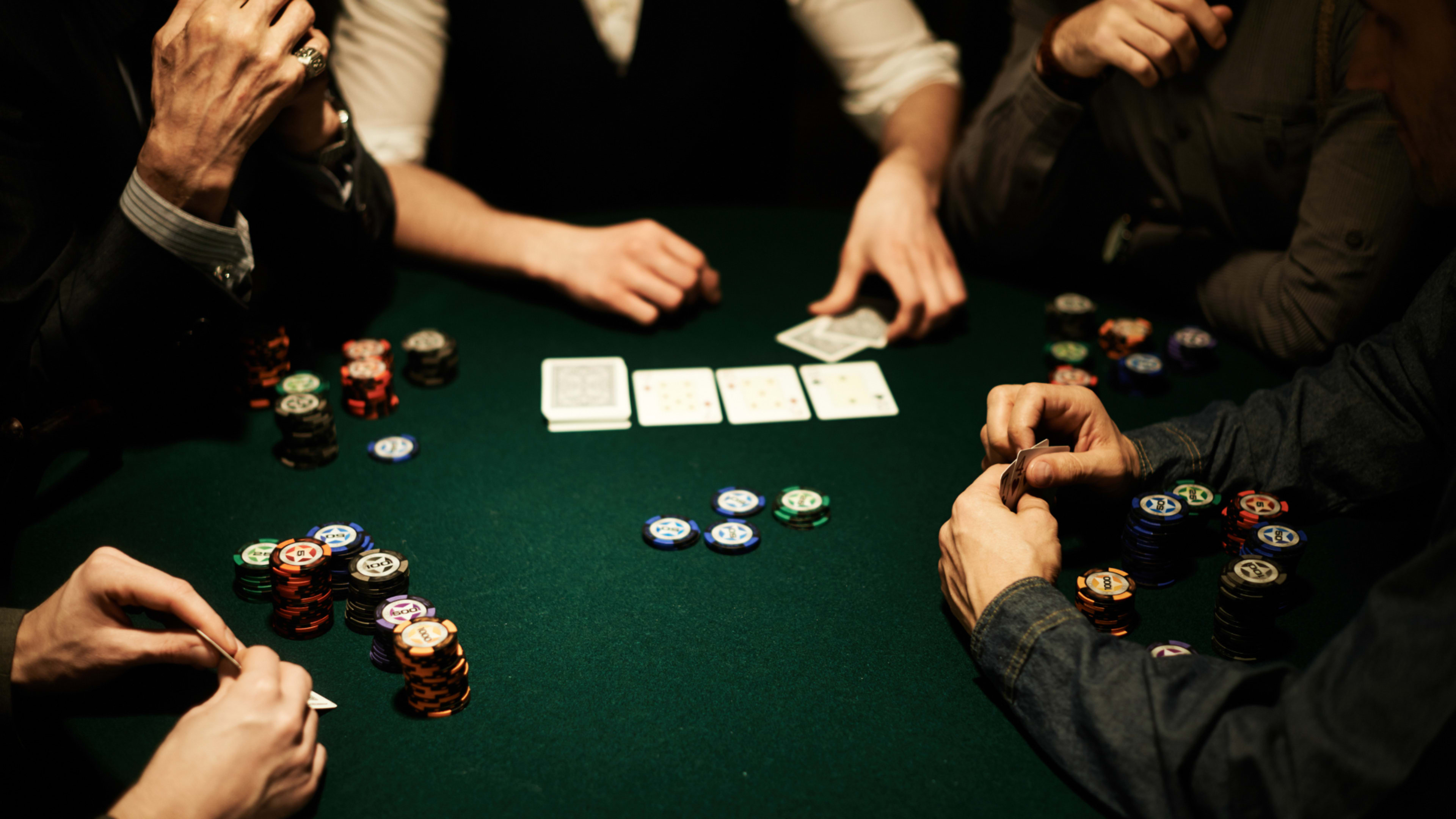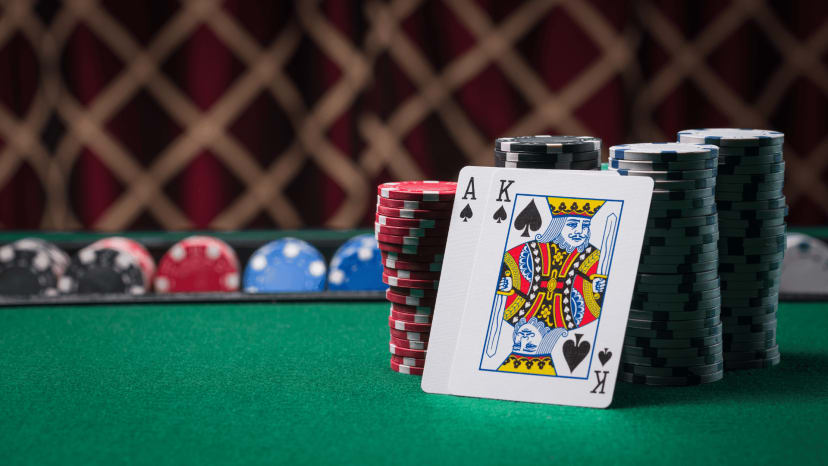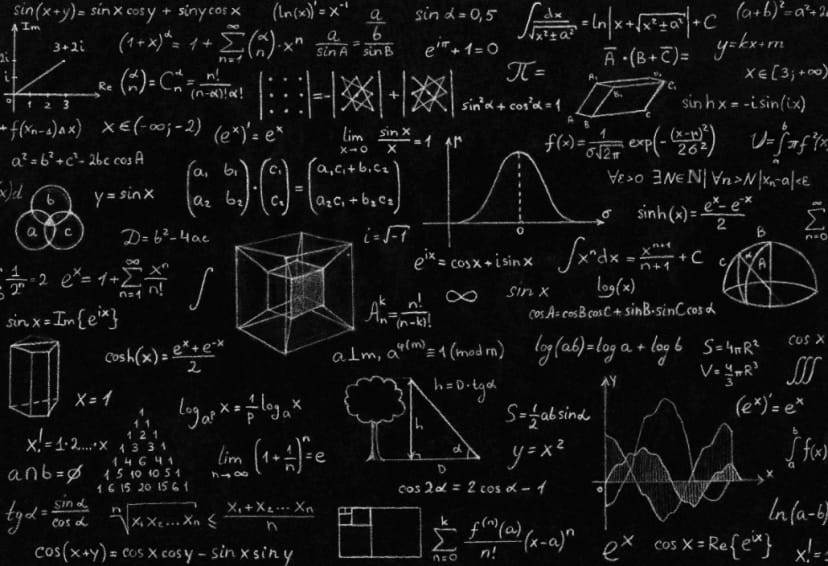Poker Table Positions Explained

Looking for the best online casino in Kenya? We've got you covered! Forget guesswork; find top-rated, licensed casinos perfect for Kenyan players, whether you're a seasoned pro or just starting out. Compare exclusive bonuses, from free spins to matched deposits in KES, and discover where to play your favourite games like Blackjack, Roulette and Slots, including popular local variations.
Our expert reviews focus on what matters to you: fast payouts, secure transactions via M-Pesa and Airtel Money, and reliable customer support. We only recommend casinos regulated by the Betting Control and Licensing Board of Kenya (BCLB), ensuring fair play and responsible gambling. Ready to win real money? Start comparing and claim your bonus today!
When You’re in the Blinds
Sasa, when you’re stuck in the Small Blind, Big Blind or UTG seat on a poker game table, you’re in the hot seat—first to act with no reads on your mates. In Kenya, remember you must be 18+ and play on BCLB-regulated platforms, topping up your stack via M-Pesa or Airtel Money to keep things poa at the tables.
• Tighten up or go big: Fold the marginal stuff and only defend your blinds with premium poker hands like AA, KK, AK or AQ.
• Surprise with aggression: If someone tries stealing your chips, consider a well-timed raise or a cheeky bluff to shoo them away.
Navigating the Middle Seats
In the mid-table slot, you’ve got a bit more info than the blinds but still need shrewd poker strategy before the late arrivals pounce. You’re better off than EP, yet you’re not calling the shots just yet—so play smart.
• Broaden your range: Mix in suited connectors or lower pairs when action’s folded to you, but proceed with shwari.
• Pot-steal re-raises: If early movers commit chips and you hold a strong hand, fire back with a re-raise to snag the pot or force folds.
Making It Count on the Button
By the time action wraps around to the Cutoff and Button, you’re in boss mode. These late positions let you spy on opponents’ moves, control pot size and pull off the slickest bluffs.
• Pinpoint betting: If nobody’s raised, a small KSh 1,300 bet can build the pot. Or go big to nab folds when your hand’s meh.
• Bluff with style: From these seats, you can mix in a variety of poker hands—even weaker ones—depending on table reads and stack sizes.
Final Pointers
Achana na mimi if you ignore table positions—understanding each spot is key to maxing out wins and cutting losses. Blend this insight with a solid poker betting strategy and endless practice to read opponents like a pro. Whether you’re under the gun or riding the button, mastering seats is a game-changer. Keep shuffling, stay cool, and may your pots be ever in your favour.
18+ | Play responsibly – begambleaware.org
FAQ
Why is where you sit so important in a poker game, bruv?
In poker, your seat at the table matters a lot because it decides when you get to play during each round. If you're sitting in one of the later spots, you have a big advantage because you get to see what everyone else does before you make your move. Think of it like knowing the answers before the exam – that's the power of late position!
Which seat at the table is the worst in poker, man?
Most poker players reckon the small blind is the toughest spot to be in. You're forced to put in some money before you even see your cards, and you're often first to act after the flop. It's like being forced to start a race from behind the starting line.
What does it mean to be in a late position in poker, and why is it a good thing?
Late position means you're sitting in one of the last spots to the right of the dealer – usually the cutoff and the button. This is prime real estate! Because you get to see what most other players do before it's your turn, you can make more informed decisions. It's like having a sneak peek at your opponent's hand.
What's the early position in poker, and how does it affect your game?
The early positions are the first three spots after the dealer: the Small Blind (SB), Big Blind (BB), and Under the Gun (UTG). Being in early position means you have to make your moves without much info about what other players might do. It's like walking into a dark room – you don't know what's waiting for you.
What's middle position in poker, and is it a good or bad place to be?
Middle position is somewhere in between the early and late spots. You get to see what the early position players do, which gives you a bit of an edge. But you still have to act before the cutoff and button, which can be tricky. It's like being in the middle of a tug-of-war – you're not sure which way the rope will pull.
Which seats are the best to have at a poker table?
The cutoff and the button are generally considered the best seats. Being last to act gives you the most information and control over the pot. You can see how your opponents have bet and make a more informed decision about whether to call, raise, or fold. It's like being the referee in a football match!
What are the table positions in poker?
When playing poker, table positions are defined by their relation to the dealer button and the order in which players act. Positions are generally categorized as early (Small Blind, Big Blind, Under the Gun), middle, and late (Cutoff, Button). Understanding these positions is key to developing a solid poker strategy.
What are the seats at a poker table called?
While the physical seats don't have specific names, the positions relative to the dealer button do. These include the blinds (small and big), early positions (like Under the Gun), middle positions, and late positions (Cutoff and Button). Each position dictates when you act and influences your gameplay.
What is the best seat in a poker table?
The button, also known as the dealer position, is widely regarded as the best seat at a poker table. This is because the player on the button acts last in most betting rounds after the initial one, giving them the most information and control over the hand.
What position is the best in poker?
The late positions, specifically the cutoff and the button, are considered the best positions in poker. Acting last allows you to observe your opponents' actions and make more informed decisions based on their bets, tells, and tendencies. This gives you a significant advantage in controlling the size of the pot and maximizing your winnings.














